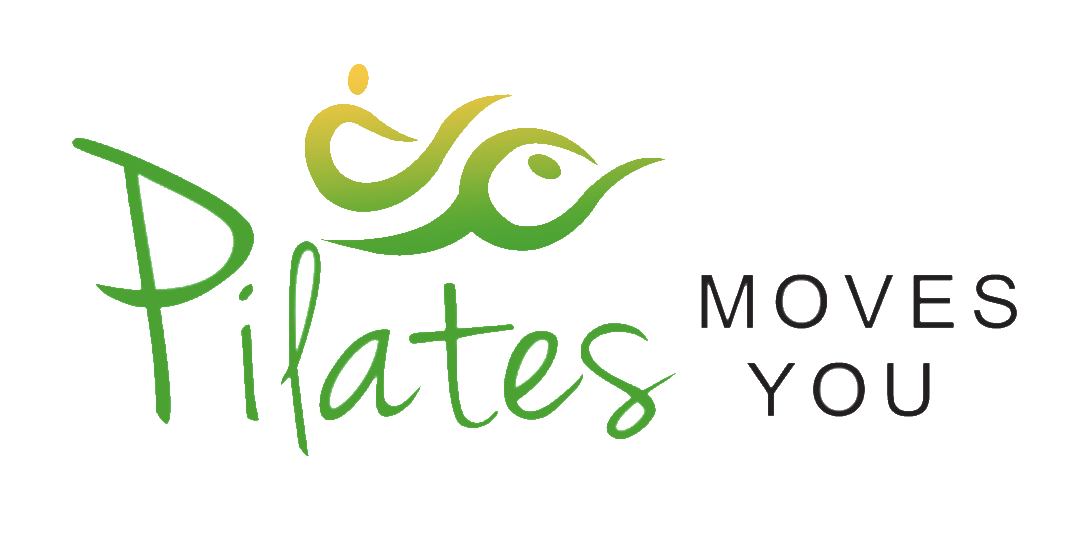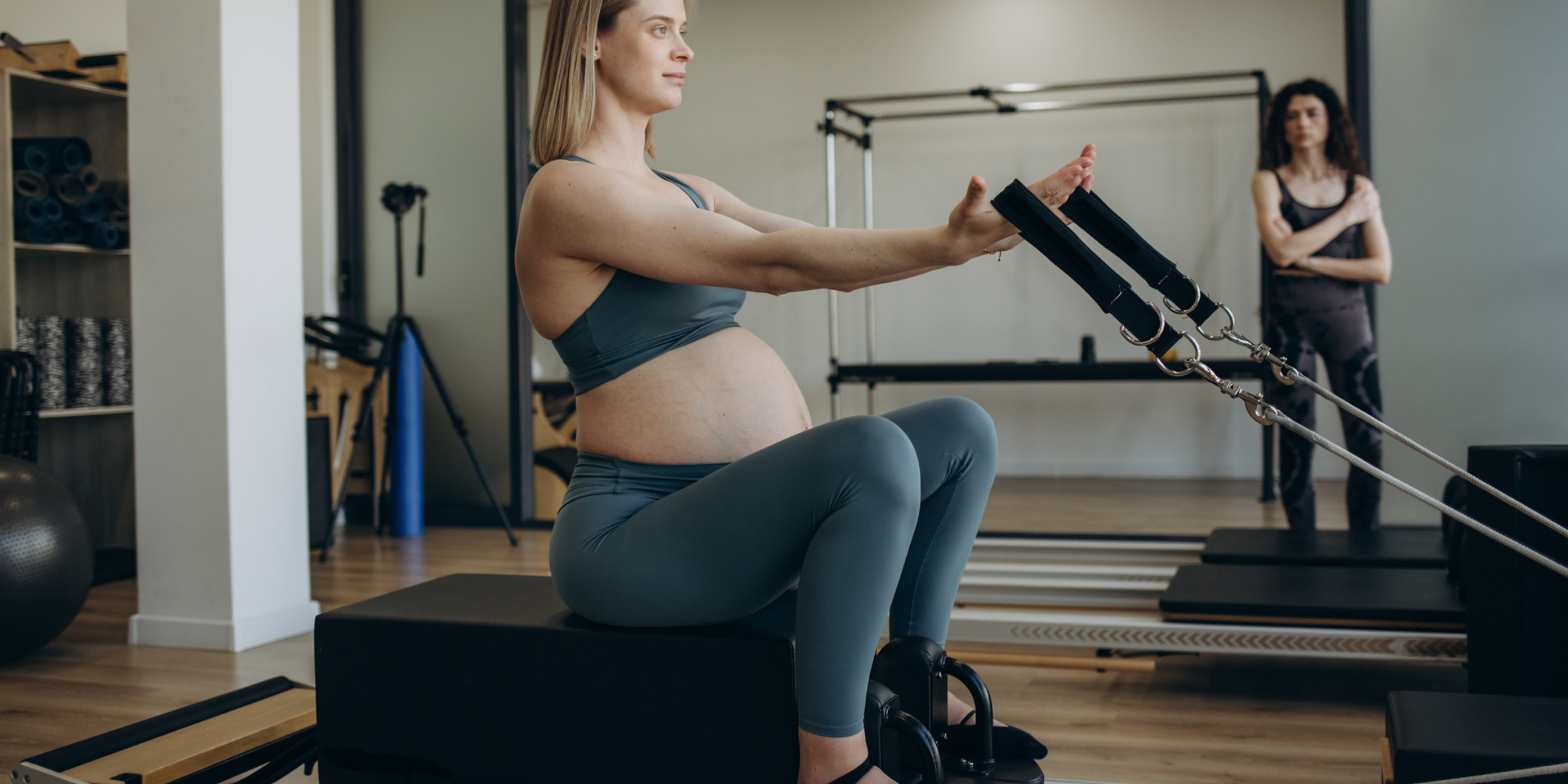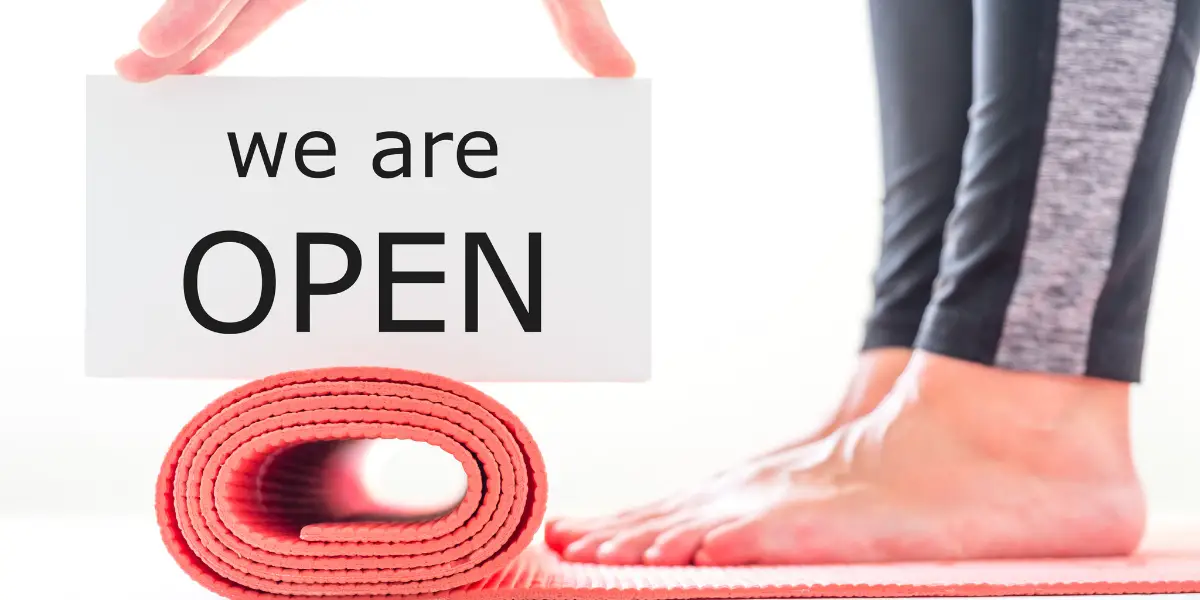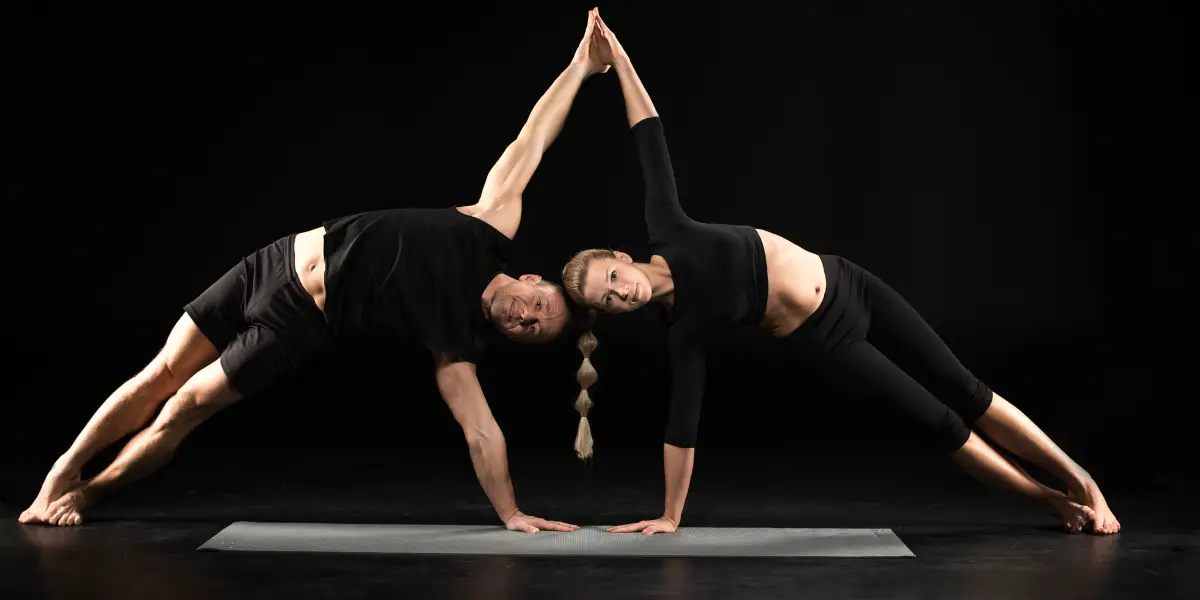The joy of expecting a child is a transformative experience that prompts numerous adjustments in a woman’s lifestyle, especially regarding physical activity. One of the activities that many pregnant women often question is the practice of Reformer Pilates. Can this physically demanding exercise regimen continue during pregnancy?
You can do Reformer Pilates while pregnant but with caution. It’s important to seek professional guidance, modify routines as needed, listen to your body’s signals, and prioritize safety to avoid complications. Always consult your healthcare provider first.
This article explores the dynamics of practicing Reformer Pilates during pregnancy, the safety aspects, and the crucial considerations every expecting mother should know.
The Relationship between Pilates and Pregnancy
Pilates and pregnancy share a significant relationship regarding holistic wellness, physical strength, and emotional balance. The core philosophy of Pilates, which includes focus, concentration, control, precision, breath, and flow, can greatly assist in preparing the body for the physical demands of pregnancy and childbirth.
Pilates exercises, especially those performed on a Reformer machine, strengthen the core muscles – abdominals, back, and pelvic floor – critical during pregnancy and childbirth. This strengthening not only helps support the extra weight of the baby but also aids in labor and delivery. The emphasis on proper alignment and posture in Pilates can also alleviate common pregnancy discomforts like back pain and balance issues.
Breathing, a vital element in Pilates, is crucial during pregnancy. The breathing techniques taught in Pilates can be used to manage stress and provide relaxation, helping pregnant women maintain emotional balance. It can also assist during labor as a natural pain management tool.
However, it’s important to remember that every pregnancy is different. As a woman’s body changes throughout each trimester, certain exercises may need to be modified or avoided. In the context of Reformer Pilates, many studios offer specific classes for pregnant women or will adapt exercises within a class to suit individual needs. It’s crucial to work with a qualified Pilates instructor who understands the changes and demands of pregnancy.
Always consult a healthcare provider before starting or continuing a Pilates regimen during pregnancy. They can provide guidance based on personal health history and specific needs.
Is Reformer Pilates Safe during Pregnancy?
Reformer Pilates can be safe during pregnancy, but this largely depends on a few key factors: the woman’s prior experience with Pilates, her current health condition, the stage of pregnancy, and the supervision of a qualified instructor.
For those who regularly practiced Reformer Pilates before becoming pregnant, continuing the regimen with modifications to accommodate physical changes is generally safe. The low-impact nature of Pilates exercises, the focus on core strength and stability, and the improved body awareness all contribute to the safety of this workout during pregnancy.
However, each trimester comes with challenges and physical changes that should be considered. For instance, exercises lying flat on the back or involving deep twists may not be suitable later in pregnancy. Pregnant women also experience increased joint flexibility due to the hormone relaxin, making them more prone to overstretching and injuries. Hence, modifications and careful supervision are crucial.
For women new to Reformer Pilates, it’s generally advised to wait until after pregnancy to start, as learning the correct technique and form is crucial to prevent injury.
Regardless of experience level, all pregnant women should consult their healthcare provider before starting or continuing a Reformer Pilates regimen. They should also ensure they work with a certified Pilates instructor experienced in prenatal training.
The Physical Impact of Reformer Pilates on Pregnant Women
The physical impact of Reformer Pilates on pregnant women can be both beneficial and significant, provided it is practiced correctly and under the guidance of a qualified instructor. Here are some of the key areas where Reformer Pilates can have a positive physical impact:
- Core Strength: Reformer Pilates focuses on strengthening the core, which includes the muscles of the abdomen, back, and pelvic floor. This enhanced core strength can help support the growing uterus, decrease discomfort, improve posture, and assist in labor and delivery.
- Flexibility and Balance: Pregnancy naturally leads to changes in body shape and weight distribution, affecting balance and mobility. Reformer Pilates exercises can enhance flexibility and balance, helping pregnant women navigate these changes more comfortably.
- Posture and Alignment: With the added weight of the baby, pregnant women often find their posture and spinal alignment challenged, leading to common discomforts such as lower back pain. Reformer Pilates encourages proper posture and alignment, helping to alleviate these issues.
- Muscle Tone and Endurance: Regular practice of Reformer Pilates can maintain overall muscle tone and build endurance, which can assist in managing the physical demands of pregnancy and prepare the body for the exertion of childbirth.
- Breathing: The focus on controlled, mindful breathing in Pilates can help with oxygenation, reduce stress, and be an effective tool during labor for pain management.
However, it’s important to remember that while these benefits can enhance the pregnancy experience, the potential for physical strain or injury also exists if exercises are done improperly or without consideration of the body’s changing needs. Therefore, it’s vital to ensure modifications are made to exercises as needed and that a healthcare provider’s advice is followed to maintain safety during pregnancy.
Consultation with Healthcare Professionals
Consultation with healthcare professionals is paramount before starting or continuing any exercise regimen during pregnancy, including Reformer Pilates. This applies to all women, regardless of their fitness level or prior Pilates experience.
Pregnancy involves complex physical changes, and every woman experiences it differently. Factors such as a woman’s overall health, age, fitness level, and specific pregnancy conditions can all influence the suitability and safety of physical activities during this period.
Your healthcare provider will have a comprehensive understanding of your health history, the progress of your pregnancy, and any potential risks or complications that may arise. Therefore, they are the best person to advise you on whether Reformer Pilates would be safe and beneficial.
During your consultation, you should discuss the following:
- Your experience with Reformer Pilates or similar exercises.
- Any concerns or discomfort you may have.
- Your overall health and fitness.
- Any specific medical conditions or complications related to your pregnancy.
- Your physical and emotional well-being.
Following this, your healthcare provider can guide you on what types of safe physical activities, the intensity level you should aim for, and any specific exercises or movements you should avoid.
Maintaining open and ongoing communication with your healthcare provider throughout your pregnancy is essential. As your body changes and your pregnancy progresses, you may need to adjust your physical activity levels and routines accordingly. Your healthcare provider can provide valuable guidance and reassurance throughout this journey.
Adjustments and Modifications in Reformer Pilates for Pregnancy
Adjusting and modifying Reformer Pilates exercises during pregnancy is essential for safety and comfort. Certain positions and movements may become inappropriate or uncomfortable as the body changes and evolves through each trimester. Working closely with a qualified Pilates instructor, these are some general adjustments and modifications that may be made:
1. Lying Flat on the Back: After the first trimester, lying flat on the back for prolonged periods can be uncomfortable and potentially interfere with circulation to the baby due to pressure from the enlarged uterus on the vena cava, a major blood vessel. Modifications can include propping the body with pillows or performing exercises in a seated or side-lying position.
2. Supine Leg Work: Supine leg work can be modified with a raised headrest, by keeping one foot down, or by using lighter springs to reduce strain.
3. Stomach-Lying Exercises: As the belly grows, lying flat on the stomach will become uncomfortable and should be avoided. These exercises can be modified on hands, knees, side-lying, or standing.
4. Twisting Movements: Deep twisting movements may be uncomfortable and should be minimized as pregnancy progresses. Modifications can involve reducing the range of movement.
5. Balance Exercises: Balance can be affected as the center of gravity shifts during pregnancy. Extra caution should be used during balance exercises to prevent falls. Modifications can include providing additional points of support or changing the position.
6. Overstretching: The hormone relaxin increases during pregnancy, allowing ligaments to relax in preparation for childbirth and increasing the risk of overstretching and injuries. Pregnant women should be mindful not to push stretches too far.
7. Breath Work: Emphasizing exhalation can help engage the abdominal and pelvic floor muscles. This can be particularly useful in preparing for childbirth, where controlled exhalation is often used during contractions.
Lastly, the most crucial adjustment is the overall intensity of the workout. Pregnant women should monitor their exertion levels and ensure they can converse during workouts. Overexertion should be avoided. Each woman’s body and pregnancy are unique, so listening to your body and adjusting accordingly is essential.
Benefits of Reformer Pilates during Pregnancy
When practiced under the guidance of a qualified instructor and with the approval of a healthcare provider, Reformer Pilates can offer several benefits to pregnant women:
1. Strength and Endurance: Reformer Pilates can enhance overall body strength and muscular endurance, preparing the body for the physical demands of childbirth and motherhood.
2. Core Stability: Reformer Pilates focuses on the body’s powerhouses — the abdomen, lower back, hips, and buttocks — strengthening these areas can support the growing uterus, enhance posture, and decrease discomfort.
3. Improved Posture: The growing baby’s weight can often lead to postural problems. Reformer Pilates aids in maintaining a good posture, which can help alleviate back pain and discomfort.
4. Flexibility and Balance: Balance can be compromised as the body changes during pregnancy. The flexibility and balance training inherent in Reformer Pilates can help navigate these changes more comfortably.
5. Breathing Control: The controlled, conscious breathing practices in Pilates can reduce stress, improve oxygenation, and may even be useful during labor for pain management.
6. Reduced Pregnancy Discomfort: By improving body strength and flexibility, Reformer Pilates can help reduce common pregnancy discomforts like lower back pain, pelvic pain, and poor circulation.
7. Faster Recovery Post-Birth: Regular Pilates practice can contribute to a stronger body and a more mindful connection to one’s body, potentially leading to a faster recovery after childbirth.
8. Mind-Body Connection: Pilates exercises require mindful movements and deep concentration, promoting a strong mind-body connection. This mindfulness can help women adjust to the changes in their bodies during pregnancy and provide psychological benefits such as reduced stress and improved mood.
Potential Risks and Limitations
While Reformer Pilates can provide numerous benefits during pregnancy, it’s important to be aware of potential risks and limitations. Each woman’s body and pregnancy experience is unique, and what works for one may not be suitable for another.
1. Risk of Injury: During pregnancy, the body produces a hormone called relaxin, which loosens the ligaments to prepare for childbirth. This increased flexibility can also make pregnant women more prone to injuries from overstretching or falling. Therefore, balance exercises and moves that push the limits of flexibility should be cautiously approached.
2. Unsuitable Positions and Movements: As pregnancy progresses, certain positions and movements become uncomfortable or unsuitable. Lying flat on the back, intense abdominal exercises and deep twists should generally be avoided after the first trimester.
3. High-Intensity Workouts: High-intensity workouts that cause overheating or involve jarring movements can be dangerous during pregnancy. The intensity level should be moderated to ensure you can comfortably converse during the exercise.
4. Blood Pressure Changes: Changes in blood pressure during pregnancy may make some women feel dizzy or lightheaded during certain exercises. If this occurs, it’s important to modify the exercise or stop.
5. Pregnancy-Related Conditions: Certain pregnancy-related conditions, such as placenta previa, preterm labor, or preeclampsia, may make it unsafe to continue Reformer Pilates or any form of exercise.
6. Individual Health Factors: Pre-existing health conditions, such as heart disease, asthma, or diabetes, may affect the safety of exercising during pregnancy.
Sources:
- https://www.fasttwitch.com.au/learn/reformer-pilates-during-pregnancy
- https://pilatesreformersplus.com/blogs/news/is-reformer-pilates-safe-for-pregnancy-what-to-know
- https://www.healthline.com/health/fitness/pilates-during-pregnancy
- https://www.pilatesanytime.com/blog/pregnancy/trimester-by-trimester-guide-to-prenatal-pilates




